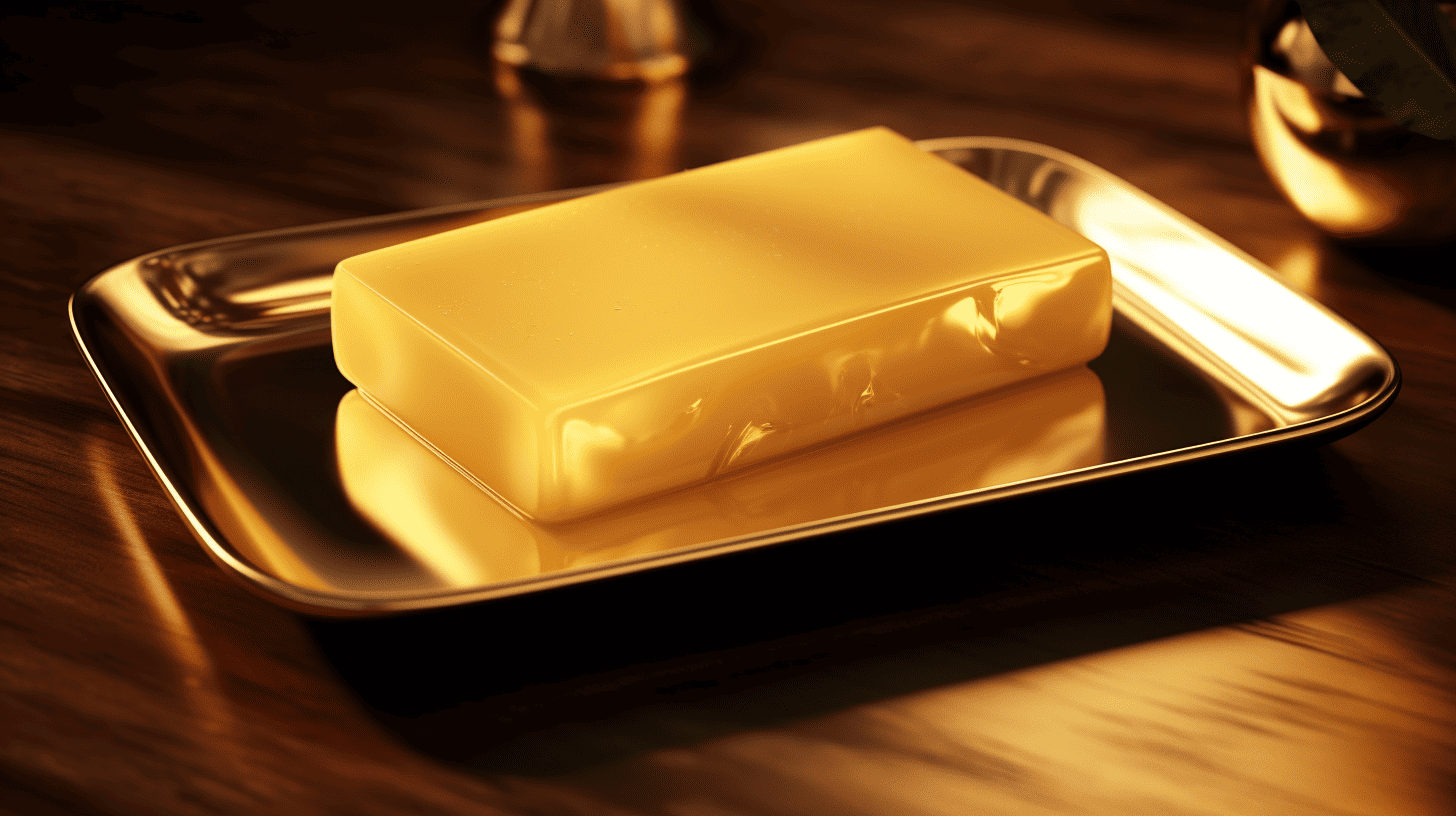
About Unwaste
- Founders: Bart Aupers, Noor Buur (inactive) en Robert-Willem Dol (inactive)
- Founded in: 2019
- Employees: 3 (+ hiring professional specialists)
- Money raised: €500.000
- Ultimate goal: have as many organic residual flows as possible reflected in daily personal care
You have probably heard that argan oil and olive oil are good for your hair. But did you know that coffee oil, an ingredient extracted from coffee grounds, is also moisturizing and nourishing? It is one of the components that Unwaste (in Dutch) processes in its products. The start-up wants to get rid of the idea that waste exists. And to combat that, they make care products from organic waste. In this instalment of start-up of the day, co-founder Bart Aupers tells more about that.
You make care products from coffee grounds and orange peels. Why those two in particular?
“We simply looked at the largest organic residual flows. However, we do aim to use at least one new residual flow every year from now on. For example, we are currently looking at cocoa waste, and in the future possibly at avocado and mango pits. There is quite a lot of waste from the cocoa industry and it has good personal care application. You can make cocoa butter from it and that can serve as a basis for many care products.”
Do you manufacture the products yourself?
“No, we’re a product developer. We develop and market the recipes and production houses make our products. Making a shampoo bar works very differently than making a bar of soap. That’s why we don’t work with one company for all our products. In particular, we look at who has the best technical qualities for a particular application.”

Where might we have heard about Unwaste?
“Well-known customers are insurer Nationale Nederlanden and Schiphol. At Nationale Nederlanden, where about 5500 people work, they wash their hands every day with our soap. We are running a pilot with Schiphol in which our soap comes from different dispensers in the toilets.”
With which care product do you want to conquer the market?
“I really like our coffee products, especially the shampoo bar made from coffee oil. We are the first in the world to make a shampoo using coffee grounds. What many people don’t know is that coffee oil, just like argan oil and olive oil, has a moisturizing effect on your hair and skin. The naturally present caffeine also stimulates cell renewal.”
Why do you think many people don’t know that?
“I think it is less obvious because new raw materials are often used for an end product. So not everyone will immediately make the link between a coffee chain and the care industry. Residual flows of coffee must be processed in a certain way to extract oil. That is very different from an olive grove, where the seeds are simply removed.”
What message do you want to convey?
“We want to show that waste has a function and that you can clean yourself with something that would normally be thrown away. I see it as the purpose for which we are on earth. There is not one creature in the world that produces waste except humans. So why do we create flows that are polluting?”
When did you realize something had to change?
“From my business administration studies I know that most companies purchase as cheaply as possible: they look very pragmatically at an end product. When it’s done, it’s no longer functional, and throwing it away is the cheapest option. When I once visited Ghana and Nigeria for a project, I saw a country with a lot of ruined nature. Just because we want to consume oil and oil products extremely cheaply in the West. Why don’t we have more natural chains with natural products? I wondered.”

After that, how did you come up with the idea?
“We looked at what was previously done with residual flows. For example, coffee grounds were used by bicycle mechanics, who used coffee grounds and green soap to clean their hands. The whole idea that you could clean yourself with coffee grounds sounded interesting to us. We renew those old ideas with modern technical applications. We are constantly looking for new techniques to make products.”
Were there times when you felt like giving up?
“There were a lot. Especially when I see that people are very interested in our solutions but ultimately choose the cheapest option. Those are the moments when I think: I’ll stop. It also frustrates me that so many false claims are made in the care industry. Calling a soap ‘natural’ is not correct at all. The only thing that is truly natural is to take pure mud from nature and wash your body with it. Now that is unprocessed and purely natural. We do things differently and write on our packaging: ingredients of a natural origin.”








